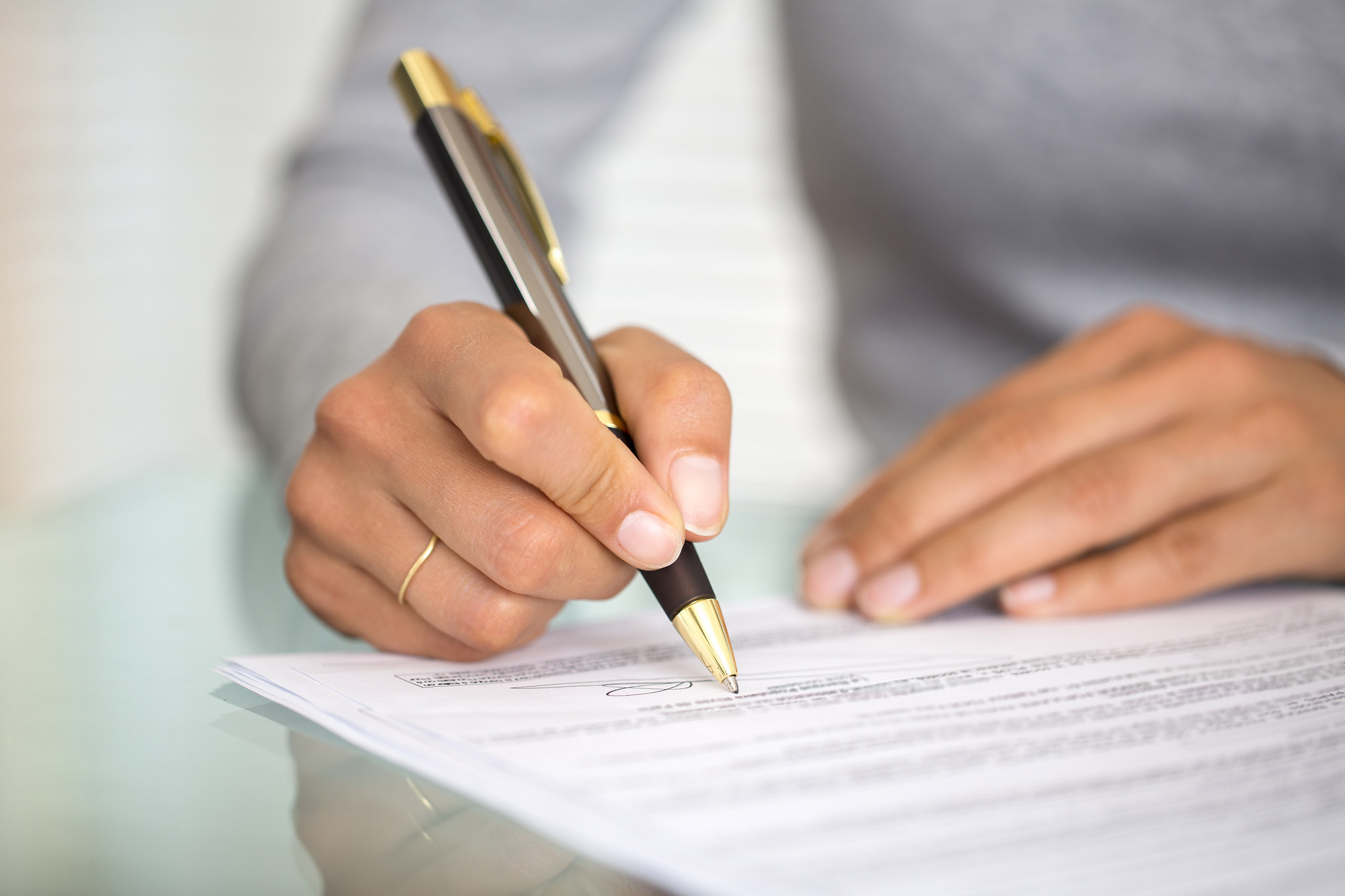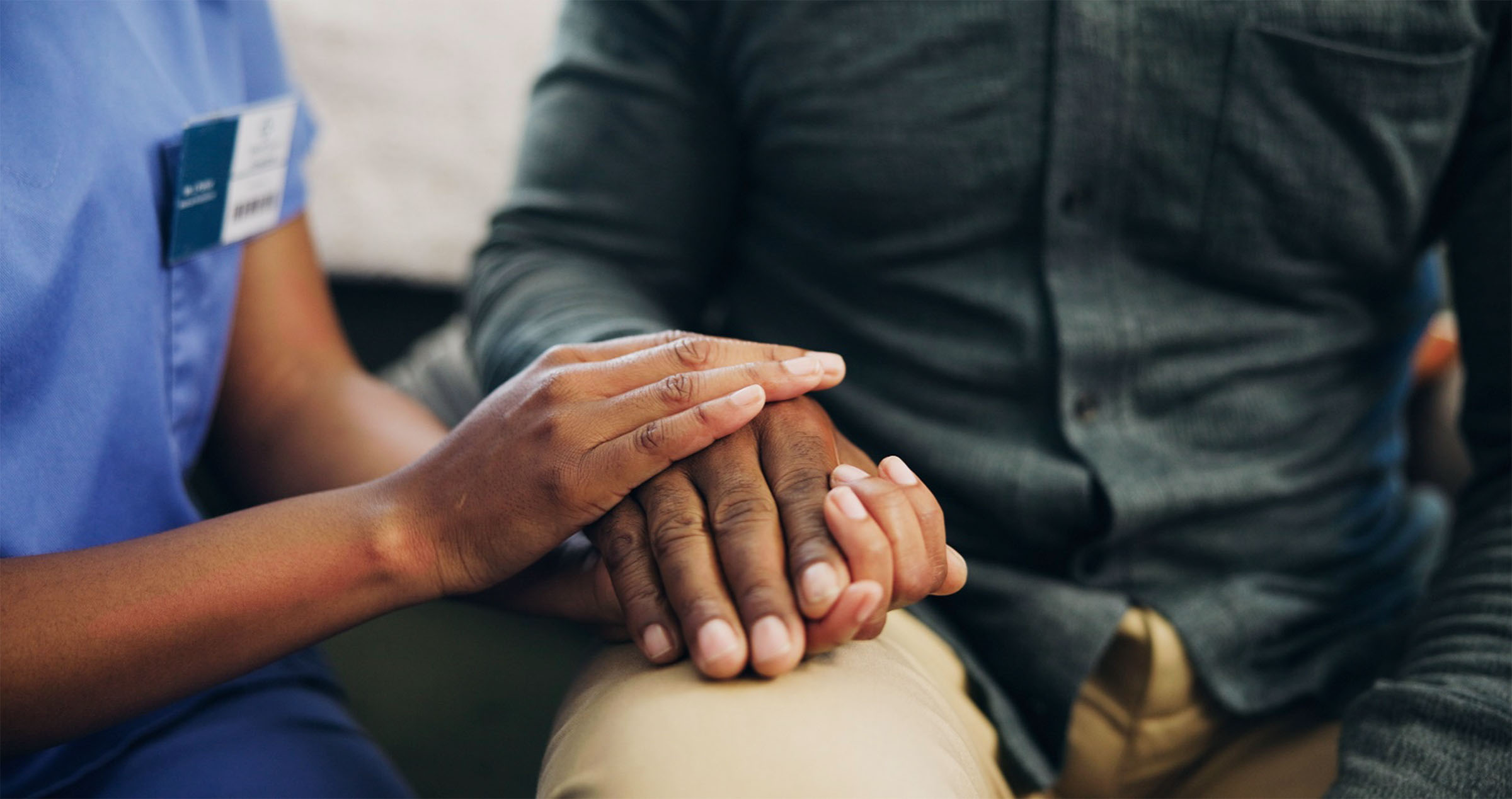Subscribe
If it’s still on your to-do list, consider how your loved ones will be affected if you die without a will
It’s no secret that a valid will can make life much easier on your loved ones after you die. But what happens if you die without a will?
How does the law deal with a deceased estate when there’s no will?
When a person dies without a will, they are said to have died intestate. Their property is known as an intestate estate. In Victoria, there are intestacy laws that set out the rules for dealing with an intestate estate.
These laws are needed because the deceased person hasn’t given any legal directions about how they want their estate divided and distributed. In contrast, a person who makes a valid will can set out their intentions for the distribution of their property.
A person close to the deceased (usually their next-of-kin) can apply to the Supreme Court of Victoria for a grant of Letters of Administration, giving them permission to wind up and distribute the estate.
Under Victorian intestacy laws, there is a specific priority of people who can inherit your estate which may include:
- A spouse or de facto partner (if specific criteria are met)
- Children
- Parents
- Siblings
- Grandparents
- Uncles and aunts
- Cousins
Why should I have a will?
With or without a will, your estate will be wound up and distributed. So it’s reasonable to wonder why you need to go to the expense and inconvenience of making a will. However, it’s not that simple. Valid wills are crucial tools for efficiently managing a deceased estate.
You need a will to:
- Specify who inherits your assets
- Give specific items, for example, jewellery, to particular beneficiaries
- Appoint guardians for your children
- Appoint a trusted person as your executor (to manage the administration of your estate)
- Lessen the risk of legal action against your estate, for example, if someone claims a share of your estate
- Save your loved ones from the stress of navigating your estate through the intestacy and administration process.
What happens to my blended family if I die without a will?
If you have a blended family, there are potential complications and unintended consequences if you die without a will. Consider this scenario:
Jack and Eva were married and had two children, Sarah and Rose. They divorced after 15 years of marriage.
Five years after her divorce, Eva began a relationship with Steve.
After living together for two years, Eva and Steve bought three properties as joint proprietors. The properties were worth $2 million in total. The only assets in Eva’s sole name were shares and a bank account worth in total $450,000.
Eva sadly and unexpectedly passed away. She didn’t have a will.
Under Victorian intestacy laws, Eva’s children Sarah and Rose received nothing from their mother’s deceased estate, and Steve was the sole beneficiary.
This type of scenario is not uncommon. There are many circumstances in which intestacy laws may be inappropriate for you and your loved ones. It’s a reminder that your will is one of the most important documents you’ll ever prepare. You shouldn’t allow Government legislation to determine how your assets are distributed.
We have lawyers who can advise you in estate planning, asset protection and will preparation. Contact us to learn more about what happens if you die without a will, and how to protect your loved ones.
DISCLAIMER: We accept no responsibility for any action taken after reading this article. It is intended as a guide only and is not a substitute for the expert legal advice you can receive from marshalls+dent+wilmoth and other relevant experts.
Subscribe




